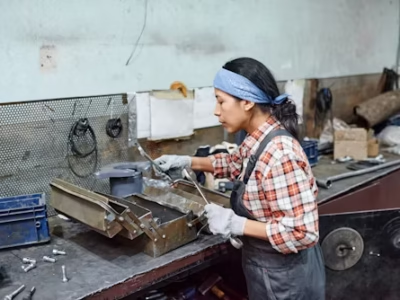08-10-2024
Stella Liantsi
South and East Asia Researcher,
Global Human Rights Defence.
The Maldives fails to adhere to its obligations under the International Covenant on Civil and Political Rights (ICCPR) , observes the non-governmental organisation ‘The Advocates for Human Rights’. The Maldives continues to use the death penalty as a sanction and has not yet ratified the Second Optional Protocol to ICCPR which seeks to abolish the particular sanction.
Despite the State Party’s initial intention to maintain the unofficial ban on the use of the death penalty, in December 2023, the government revealed plans to reinstall the death sentence. Authorities stated that they plan to execute people by hanging or lethal injection. According to Amnesty International, 20 people were reported to be on death row as of the end of 2022 and 21 persons by the end of 2023. Amnesty International also reported that “people who were below 18 years of age at the time of the offence for which they had been convicted remained under sentence of death in the Maldives”. Further, it noted that “people with mental or intellectual disabilities were under sentence of death in Maldives” as well.
Another major issue that has been observed in Maldives’ justice system is the gender-based prejudice women face when they are sentenced to death for murder. Globally, most women convicted of murder and condemned to death row have not killed intentionally but they have been sentenced as accomplices to their male figures (usually intimate partners). Gender roles and stereotypes are reinforced by the propensity to view women’s behaviours as manifestations of the will of their male partners. Women’s access to an individualised, just trial is compromised when sentencing decisions are made based on their relationship with the male co-defendants. It is very common for courts to give lighter sentences when women are viewed as adhering to their conventional gender roles, such as being a nurturing mother or an innocent victim. On the contrary, when they are seen to deviate from these norms they often get harsher penalties.
The last issue that ‘The Advocates of Human Rights’ submit in their report is that the majority of Maldivian prisons are extremely overcrowded, unhygienic, and have poor medical treatments making life in the prison harsh and even fatal. Despite the efforts that have been made by defence lawyers and the Human Rights Commission of the Maldives to address these problems only a little has been done. The government stated that it intended to implement non-custodial measures as replacements for conventional custodial sentencing in some cases but has yet to release any statistics confirming the effectiveness of these measures.
Sources and further readings:
The Advocates for Human Rights, World Coalition Against the Death Penalty, ‘Maldives Stakeholder Report for the United Nations Period Review’ The Advocates for Human Rights (3 October 2019) < https://www.theadvocatesforhumanrights.org/Res/maldives_death_penalty_upr_2019_tahr_wcadp_web_upload.pdf > Accessed 7 October 2024







Comments